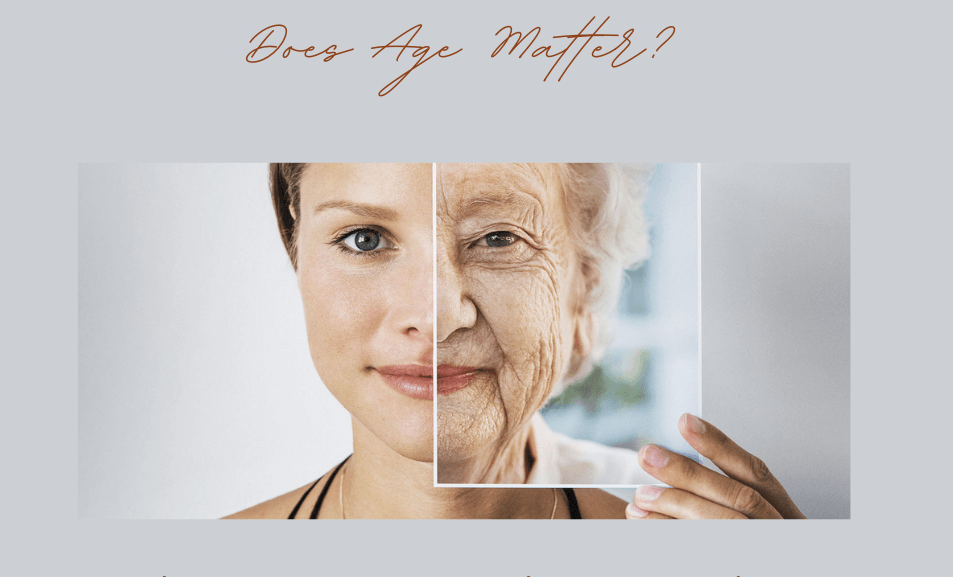Written by Martha Gershun, Guest Blogger
“I’m probably too old to be a kidney donor,” is a very common concern for those considering living donation. I know age was very much on my mind when, at age 60, I volunteered to donate to a 56-year-old woman I read about in our local newspaper. I had recently received a letter from Be The Match®, the national bone marrow donor registry informing me that I would “age out” on my 61st birthday and would no longer be considered as a possible bone marrow donor. Would the transplant clinic reject me as a possible kidney donor on the same grounds?
There are two considerations when determining if a donor is too old: the health outcomes for the recipient and the health outcomes for the donor.
I quickly learned that donor age for bone marrow has a very different impact on recipient outcomes than donor age for kidneys. Be The Match® is focused on recruiting bone marrow donors ages 18 to 35 because medical research shows that younger bone marrow is best for patients and provides the greatest chance for transplant success.[1]
In contrast, while studies have found that kidneys from younger donors seem to work better over the long term, patients who receive older kidneys are just as likely to be alive 5 years after transplantation as those who receive younger kidneys.[2] Therefore, most transplant clinics have no age limit for kidney donors, whether living or deceased. In 2021 one out of every three organ donors in the United States was over 50.[3]
The oldest living kidney donor in the United States, Frank Dewhurst, was 84 when he successfully donated a kidney in 2019 at Houston Methodist Hospital to a 72-year-old woman after seeing a sign in her yard while walking in the suburban Austin, TX neighborhood where they both lived.[4]
In addition to recipient outcomes, transplant clinics are laser-focused on the health impact of donation on potential living donors. They want to ensure that the donor is healthy enough to undergo major surgery in the short term, as well as manage well with only one kidney in the long term. In some ways, older donors are at less risk because they will have fewer “future” years to live with only one kidney. In my case a rigorous three-day evaluation at the Mayo Clinic in Rochester, MN indicated that I was healthy enough to donate.
Evaluating potential living kidney donors is a complex process. In some cases, age might create concerns that disqualify a candidate, either because it threatens the health of the recipient or the health of the donor. In many other cases, age is not a significant factor. As with so many other aspects of living organ donation, every situation has individual considerations. If you are interested in being a living kidney donor, find out your specific risk factors – and then decide.
[1] https://bethematch.org/transplant-basics/matching-patients-with-donors/why-donor-age-matters/
[2] https://www.webmd.com/a-to-z-guides/kidney-donor-age
[3] https://www.nia.nih.gov/health/frequently-asked-questions-about-organ-donation-older-adults
[4] https://www.houstonmethodist.org/newsroom/an-84-year-old-man-becomes-oldest-living-kidney-donor-in-the-united-states-at-houston-methodist/

